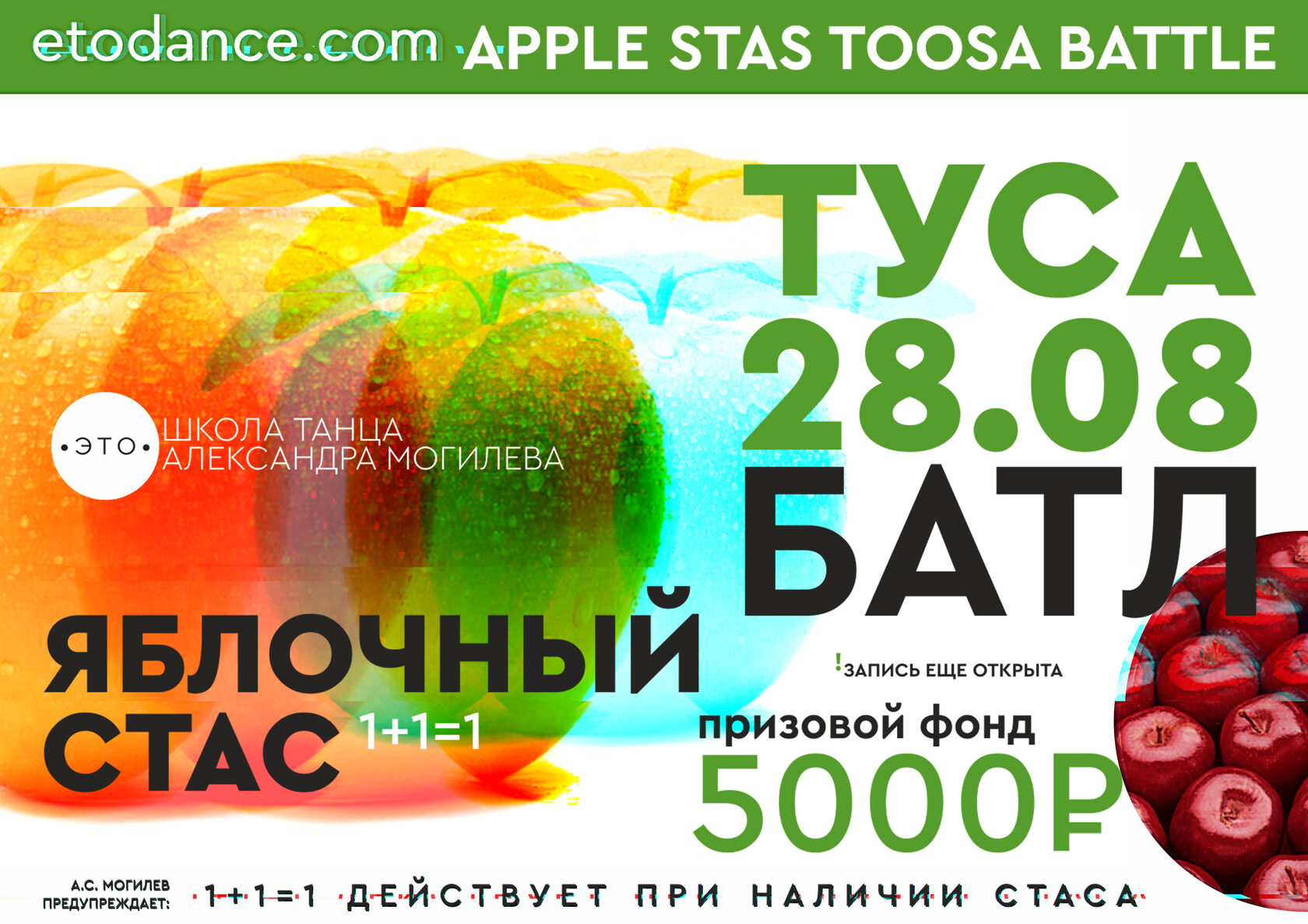Most evidence of hockey-like games during the Middle Ages is found in legislation concerning sports and games. The Galway Statute enacted in Ireland in 1527 banned certain types of ball games, including games using "hooked" (written "hockie", similar to "hooky") sticks. By the 19th century, the various forms and divisions of historic games began to differentiate and coalesce into the individual sports defined today. Organizations dedicated to the codification of rules and regulations began to form, and national and international bodies sprang up to manage domestic and international competition.
Click to order
Total:
Регистрируйся на БАТЛ!
28 августа в рамках ЭТО ТУСЫ пройдет танцевальный БАТЛ с призовым фондом!

Зарегистрируйтесь на БАТЛ!
АКТУАЛЬНОЕ
СОВМЕСТНЫЕ ПРОЕКТЫ

Content Oriented Web
Make great presentations, longreads, and landing pages, as well as photo stories, blogs, lookbooks, and all other kinds of content oriented projects.
•ЭТО• русская компания современного танца Александра Могилева
•ЭТО• русская компания современного танца Александра Могилева - одна из ведущих русских танцевальных компаний.
Художественный руководитель Александр Могилев, чей уникальный авторский хореографический характер стал отличительной чертой его творчества.
Труппа была основана в 2017 году Александром и находится на базе ЭТО школы танца Александра Могилева в Москве. Это сердце и дом компании, в которой они творят как педагоги и артисты. Танцовщики давно преподают современный танец и проводят мастер-классы для разных возрастов и уровней подготовки (в том числе, авторский формат «ЭТО Люди», для нетанцующих людей).
Танцовщики компании регулярно выступают на фестивалях, презентациях и крупных театральных площадках Москвы и других городов России!
Художественный руководитель Александр Могилев, чей уникальный авторский хореографический характер стал отличительной чертой его творчества.
Труппа была основана в 2017 году Александром и находится на базе ЭТО школы танца Александра Могилева в Москве. Это сердце и дом компании, в которой они творят как педагоги и артисты. Танцовщики давно преподают современный танец и проводят мастер-классы для разных возрастов и уровней подготовки (в том числе, авторский формат «ЭТО Люди», для нетанцующих людей).
Танцовщики компании регулярно выступают на фестивалях, презентациях и крупных театральных площадках Москвы и других городов России!


2021-06-13 15:29
The third title for the post
Most evidence of hockey-like games during the Middle Ages is found in legislation concerning sports and games. The Galway Statute enacted in Ireland in 1527 banned certain types of ball games, including games using "hooked" (written "hockie", similar to "hooky") sticks. By the 19th century, the various forms and divisions of historic games began to differentiate and coalesce into the individual sports defined today. Organizations dedicated to the codification of rules and regulations began to form, and national and international bodies sprang up to manage domestic and international competition.

